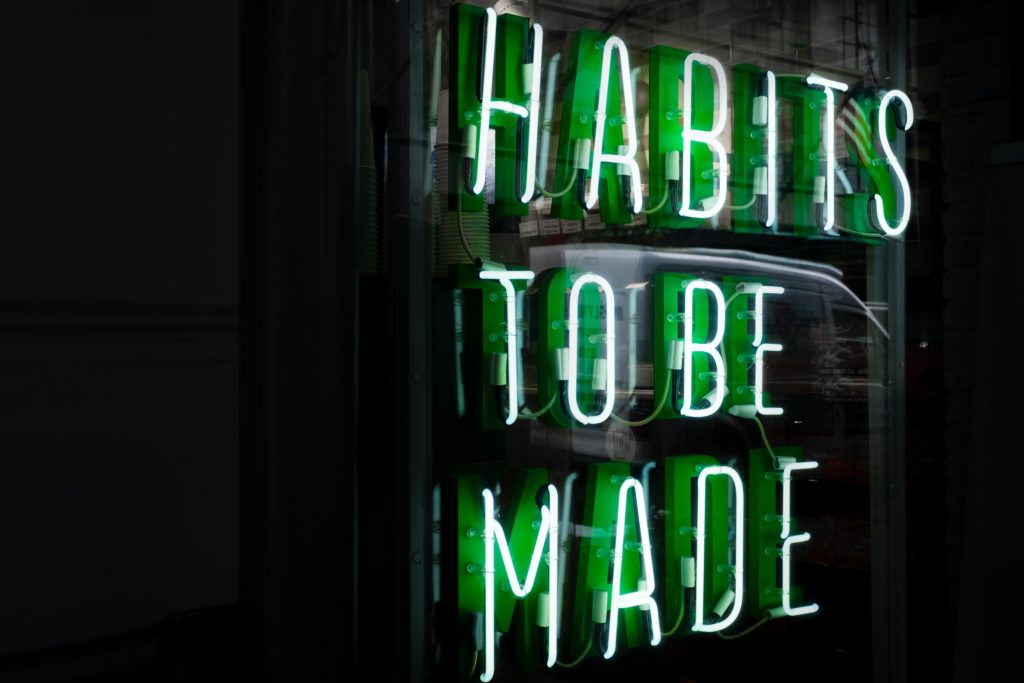It can be very easy for some to go “all in” on positive change to increase the number of healthy habits we hope to adopt—as soon as possible. We know how it can feel to go through a period of feeling down on ourselves….the entire New Year’s resolutions annual ritual, vowing to start the new year focused on goals, capitalizes on this, and often yields little long term success for many people.
Turning points, big and small, force us to take stock of where we are in work, school, our relationships, and in life more generally, in comparison to where we want to be. And vowing to turn over a new leaf, and start afresh, feels pretty great. But do you ever notice sometimes that when we set ourselves up for the “new me” or the big “next step” it’s not just one thing we tend to focus on? The vision typically has our hopes bundled together—lose weight, find a new job, save money, start spending more time with people we care about, etc…
We can get carried away by the glamour of the broader goals, without thinking through how to sustain the small changes we need to make to reach them.
Why It Matters
The science tells us a few relevant things here, and we are bringing some of them to you from behavioral health research. First off, motivation comes from little wins. When people give up on change, it’s often because they are overwhelmed by the volume of change they have put on their plates. The idea that it takes 21 days to develop a habit—falsely luring us into believing that it’s easy and quick to do—comes from misinterpreted research. The reality is that it’s more like two to three months, and the new activity should be done near daily to establish it as an automatic response in the situation. Therefore, deciding to make too many changes at once can distract and demotivate from goals.
Something to Think About
Staying motivated, especially during the in-between days where your muscle memory is taking hold of the new activity and the habit is forming, is critical. Distraction, especially when multiple priorities are competing for our attention, can derail even our best efforts. Dr. BJ Fogg suggests that power is in the “tiny habit”—a personal behavior done once a day that takes 30 seconds or less with minimal effort.
When smaller actions become habitual, it increases the likelihood of success over the long haul. Yes, you can run a marathon. Yes, you can start today. But with a half mile, or a mile, and maybe not running it all—you might have to walk a little at first. The balance is to “go little” every day to ultimately “go big!”
Photo by Drew Beamer on Unsplash

Share this post